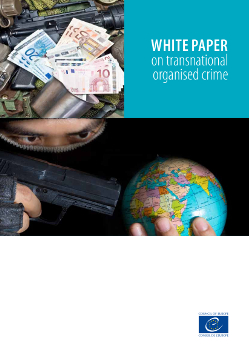Opened for signature in Nicosia, the Council of Europe Convention on Offences relating to Cultural Property enters into force on 1 April 2022.
The Council of Europe’s Nicosia Convention puts cultural heritage at the heart of its mission and provides for a criminal justice response to the criminal offences relating to cultural property. It is the only international legal instrument aiming at preventing and combating the destruction, damage and trafficking of cultural property by providing for the criminalisation of certain acts. It establishes a number of criminal offences such as theft and other forms of unlawful appropriation, unlawful excavation and removal, illegal importation and exportation and illegal acquisition and placing on the market. It also criminalises the falsification of documents and the destruction or damage of cultural property when committed intentionally.
Also open for signature to non-member countries of the Council of Europe, the Nicosia Convention aims at a global approach by national authorities to fight transnational organised crime and therefore provides for legal measures and concrete tools to harmonise national standards around the world on serious offences relating to the destruction, deterioration or loss of cultural property. It also invites countries to establish a central national authority tasked with co-ordinating the activities related to the protection of cultural property and asks them to engage in international consultation and the exchange of information.
The entry into force of the Nicosia Convention represents a step forward in the action against offences related to cultural property and contributes to the protection of our common cultural heritage.





